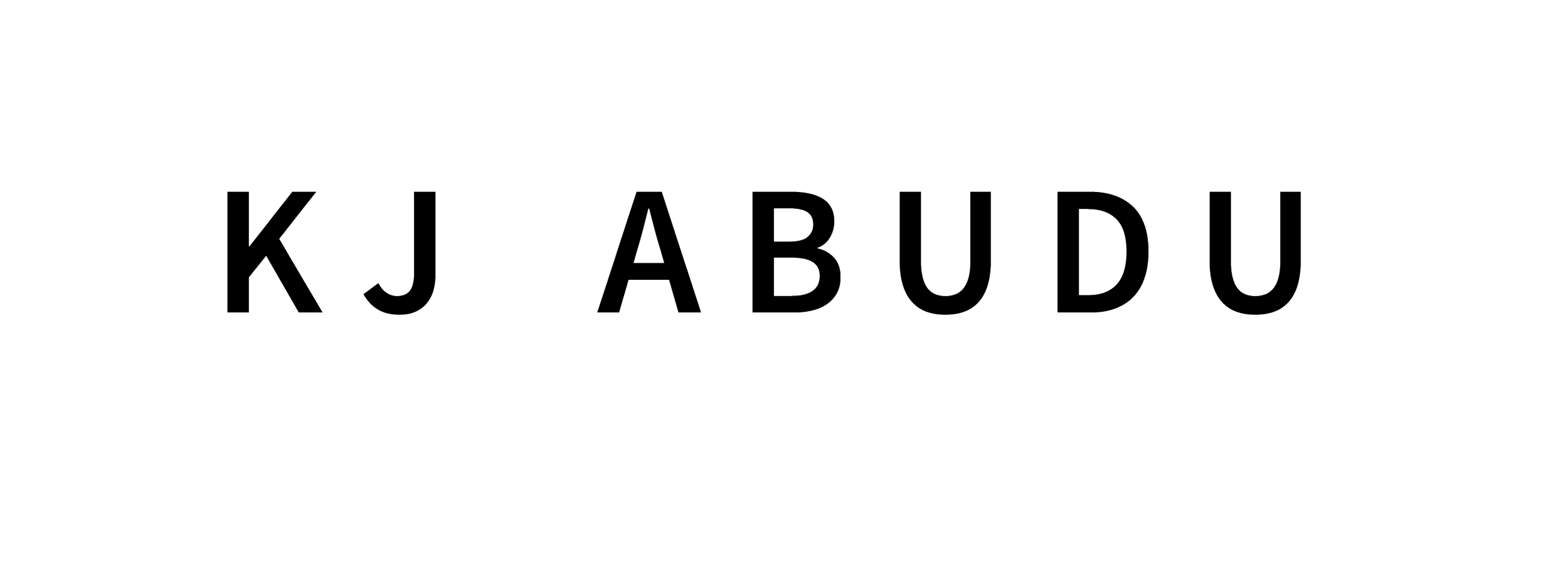Black Earth Study Club | Swiss Institute, New York

The Black Earth Study Club was an iteration of a series of transdisciplinary public programs that I conceived and convened on the occasion of Nolan Oswald Dennis's solo exhibition at Swiss Institute, overturns, which I also curated. Unfolding over four thematic chapters between January and April 2025, the programs brought together artists and scholars predominantly from the African continent and its global diasporas to reflect on black metaphysics, anti-colonial pedagogy, cosmo-computation, and land dispossession. In this way, the events aimed to create a temporary space of conviviality, sociality, and collective study.
Included below is some further information on each of the programs.
Languaging the End of the World with Denise Ferreira da Silva and J. Kameron Carter
January 25, 2PM
To inaugurate the Black Earth Study Club, theorists Denise Ferreira da Silva and J. Kameron Carter will deliver a pair of lectures that delve into the irruptive, world-unmaking capacities of blackness, as figured in the unruly grammars of black poetics.
Da Silva’s presentation, “More-than-Perfect – Black T/Senses of Future: Fo(u)r Anticolonial Gestures,” utilizes language and its structuring syntaxes to consider the metaphysical violence of linear temporality, its political-economic reification in global capitalist infrastructures of extraction and expropriation, and blackness’s potential to disarm and unravel the determining logics that cohere these planetary colonial structures.
Carter’s lecture, “Oswald’s Swerve,” situates Dennis’s art practice within what he calls “the aesthetics of the black radical tradition.” Proposing blackness as activating an “alternative, anarchic imagination of matter,” Carter considers a “poetics of the swerve” reflected in Dennis’s work, religion and culture scholar Charles Long’s meditations on mathopoetics, and Roman poet Lucretius’s account of matter as non-atomistic, infinitely indeterminate, anti-imperial movement.
Cosmo-Computation with Bogosi Sekhukhuni and Ezekiel Dixon-Román
February 19, 7PM
This convening contends with the ambivalent potentials of digital technology, situating contemporary techno-scientific regimes of algorithmic governance in an extended timeline of racial and colonial domination while speculating on the disruptive possibilities arising from these regimes’ encounters with black and indigenous cosmologies.
Scholar Ezekiel Dixon-Romàn’s presentation oscillates between cybernetics, theories of racial capitalism, and notions of haunting to elaborate his proposed frameworks of “recursive colonialism” and “cosmo-computation.”
Artist Bogosi Sekhukhuni presents a virtual performance-lecture, “Surfaceology,” which theorizes what they call “hyperhistory” through an exploration of emergent spacetime physics and Michelle M. Wright’s concept of “epiphenomenal time.”
Militant Education with Sónia Vaz Borges
March 12, 7PM
This event centers the indispensability of alternative pedagogical models in the production, transmission, and sustenance of socially transformative knowledges. Recalling the emergence of militant educational spaces during the anti-colonial liberation struggles in the mid-twentieth century, this event considers the necessity of continuing to foster sites of anti-imperial thinking and epistemic de-linking in the present.
The evening opens with a screening of Mangrove School (2022), a 35-minute film by Sónia Vaz Borges and Filipa César. Shot in the mangroves of contemporary Guinea-Bissau, it retells the history of makeshift schools built in the forests of the liberated zones by the PAIGC during their armed struggle against Portuguese colonial forces in the 1960s and 70s. Following the screening, Borges will deliver a presentation that unpacks these resonant histories in addition to her ongoing research on militant education and ecology.
Speculative Diagramming Workshop with Kameelah Janan Rasheed
March 15, 2PM
Proceeding from the previous program, which deals with themes of alternative pedagogy and knowledge production, Rasheed’s workshop explores the politics and poetics of knowledge management systems, departing from what Dennis identifies as the “paradoxical impulse” to simplify. The afternoon will begin with a performance-lecture that draws on various sources, from the writings of Octavia Butler, Édouard Glissant, Katherine McKittrick, and Aimé Césaire, to concepts from quantum mechanics and astrophysics, and the artist’s personal experiences. This will be followed by a collaborative session on speculative diagramming: participants will hand-code hypertextual relationships and collectively work together to build a physical and embodied diagram.
Land as Verb with Andros Zins-Browne, Kyle Mays, Quito Swan, Saba Innab, and Zoé Samudzi
April 12, 2PM
Concluding the public program series, this event departs from photographer Santu Mofokeng’s proposition to consider land as a verb instead of a noun. Foregrounding this renewed orientation to land as a kind of geo-politics, scholars Kyle Mays and Quito Swan, artist and architect Saba Innab, and critic Zoé Samudzi will offer critical explorations of land dispossession and discuss historical and contemporary intimacies between anti-colonial struggles for self-determination across Southern Africa, Palestine, Oceania, and North America.
The afternoon will culminate in a performance led by artist Andros Zins-Browne, in collaboration with Kris Lee. Zins-Browne’s work, ground above world (after H), extends his inquiry into the relationships between bodies and ecology through an abstract language of gestures and materials that reflect on blackness, property, and landlessness.
Image: Nolan Oswald Dennis, Specifications for a Reverse Archeology, 2022-23 (still).





